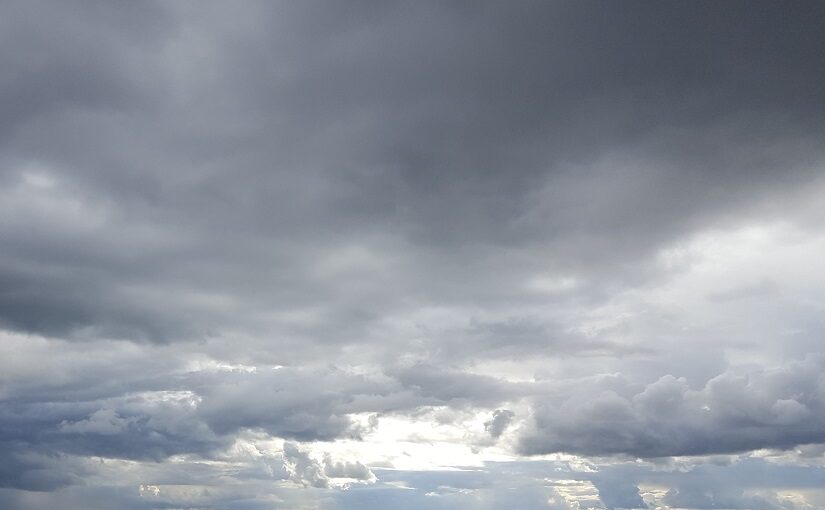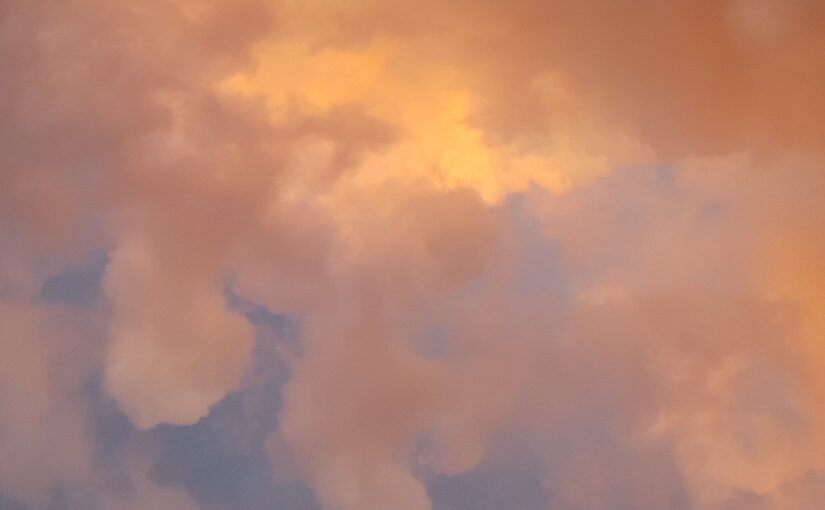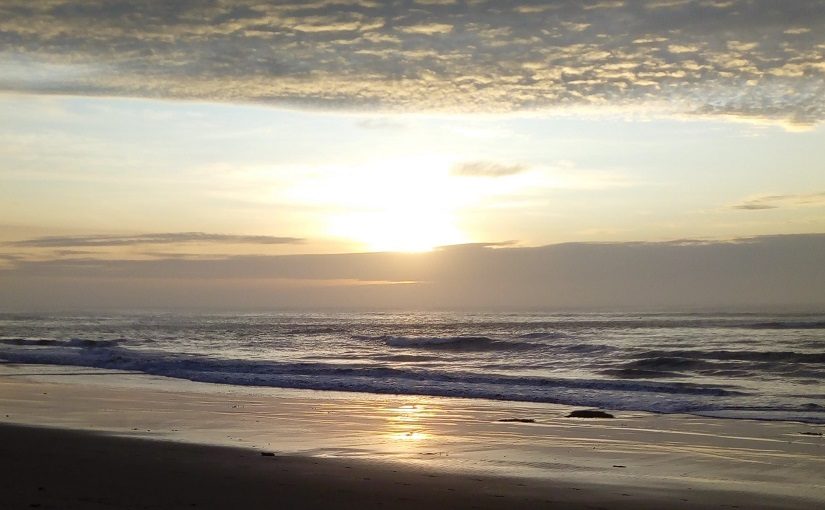How much of all we take in is really true? Not just in the sense of being a questionable overlay to reality in the shape of interpretation, opinion or argument, but actually a recasting of that reality through different eyes (Notes One).
There seem so many ways in which the information we’re receiving mightn’t be entirely true – all these subtle or dramatic representations of facts, their contexts or meanings. If we take it that, through our eyes or other senses, we’re constantly observing reality, taking it in, combining it with all we know and emerging with this evolving idea of life, how much of that picture is strictly going to be real?
Are we to look on our minds as faithful mirrors, having captured all that’s happened since our arrival on earth? All the lessons of youth and childhood, all the observations and developments of adulthood having lodged themselves up there as a reliable repository of all our knowledge, insight and understanding of “life”. This solid foundation on which to stand, view and judge anything we might encounter.
What if this is a space that contains as many lies as truths? Somewhere full of potentially mistaken lessons or facts that’ve changed so much in the interim that we might be wise to revisit, re-evaluate and revise what we have in mind. After all, how much of what crosses the threshold of our senses each day can truly be trusted? It seems entirely possible that the lion’s share of each day’s intake could quite easily be “lies”.
Not just in the sense of deliberate ones, but also because so much in life is now a convincing illusion: all these misrepresentations of reality in the form of social media, camera angles, make up, after effects, and so forth. Then, all the stories and films that run alongside reality, taking its forms, reworking its events, offering us perspectives we could never hope to have within real life.
Don’t we spend a reasonable amount of time absorbing vivid depictions of something close to reality that’s actually fiction? All these characters and retellings that come to life for us in ways reality itself rarely does: clear storylines with all facts present, if concealed, ready for us to uncover, disentangle and enjoy. This beautiful place where anything can happen and lessons can be learnt out of harm’s way.
The idea of what culture adds to reality seems such a fascinating question (Notes Two). Is this a place that helps us live our lives better through understanding things more clearly, or something to distract us from the humdrum state of existence? Does it help our sense of reality become more true or less so? Maybe we risk becoming desensitised, disinterested or disengaged with life itself.
Does it matter if our minds are so full of convincing, beautiful depictions of something close to reality that we find life itself dull, tiresome and frustratingly unclear? Especially now, when a realistic, constructive understanding and engagement with life seems so important.
Notes and References:
Note 1: Reading between the lines
Note 1: All that we add to neutrality
Note 1: Entertaining ideas & the matter of truth
Note 1: Going towards the unknown
Note 2: What’s the idea with culture?
Note 2: Reading into social realities?
Note 2: Culture as information
Note 2: The stories that we hear
The idea of what we believe and its effect on the lives we share was also part of Making things up as we go along.










